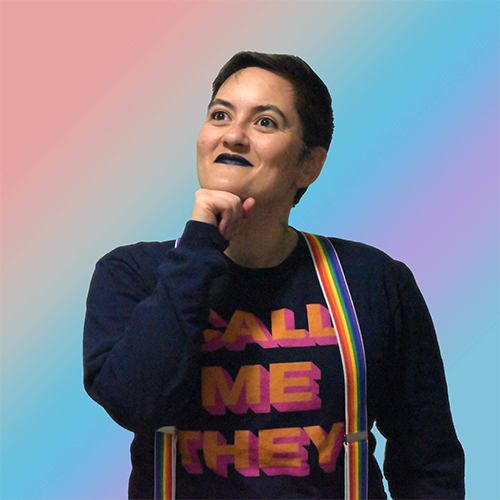 “Financially, [working at a nonprofit] can’t work for a lot of people. And in fact, with a nonprofit our size — boy, you almost have to be in a committed relationship with somebody else with an income, because you’re not — it’s hard to support yourself on what we can pay people, in Denver.”
“Financially, [working at a nonprofit] can’t work for a lot of people. And in fact, with a nonprofit our size — boy, you almost have to be in a committed relationship with somebody else with an income, because you’re not — it’s hard to support yourself on what we can pay people, in Denver.”
This was the moment my Executive Director (ED) finally admitted that what I was being paid wasn’t enough to support me. I was just one month shy of six years into my position at the organization, and she didn’t say this quote directly to me. She said it on a podcast that she was featured in as a nonprofit leader.

 We’re closing out our second year of posting content to the Community-Centric Fundraising content hub. We feel incredibly lucky and honored to have worked with so many talented and passionate folks this year to expand our collective knowledge.
We’re closing out our second year of posting content to the Community-Centric Fundraising content hub. We feel incredibly lucky and honored to have worked with so many talented and passionate folks this year to expand our collective knowledge. Let me ask you a question: Has everyone had a career that has often meant ensuring ethical treatment for folx with less privilege, regardless of their personal feelings?
Let me ask you a question: Has everyone had a career that has often meant ensuring ethical treatment for folx with less privilege, regardless of their personal feelings?  If asked, many women of colour (WOC) can tell horror stories of the advice they received early in their careers. Most of us have heard versions of, “You should use an “English name on your resume,” (something I personally first heard from a career counsellor when I was an undergraduate at a Canadian university, ironically directed at a room of 5 ethnically diverse faces attending a career workshop). Or perhaps, like me, you’ve been told to dress “professionally,” that is, with no overly bright colours (which of course means to never dress in a way that might identify your ethnic heritage). A temp agency staff member offered me that gem.
If asked, many women of colour (WOC) can tell horror stories of the advice they received early in their careers. Most of us have heard versions of, “You should use an “English name on your resume,” (something I personally first heard from a career counsellor when I was an undergraduate at a Canadian university, ironically directed at a room of 5 ethnically diverse faces attending a career workshop). Or perhaps, like me, you’ve been told to dress “professionally,” that is, with no overly bright colours (which of course means to never dress in a way that might identify your ethnic heritage). A temp agency staff member offered me that gem. 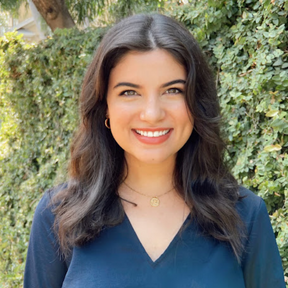 If you often feel overwhelmed, frustrated, or anxious at work, you’re certainly not alone. I’ve heard from many colleagues in the nonprofit sector who feel the same way. In fact, this is the very reason I felt compelled to talk about this issue.
If you often feel overwhelmed, frustrated, or anxious at work, you’re certainly not alone. I’ve heard from many colleagues in the nonprofit sector who feel the same way. In fact, this is the very reason I felt compelled to talk about this issue. Imagine this: It’s grant deadline day. You get on the grant portal to submit your materials. Proposal, check. Project budget, check.
Imagine this: It’s grant deadline day. You get on the grant portal to submit your materials. Proposal, check. Project budget, check. 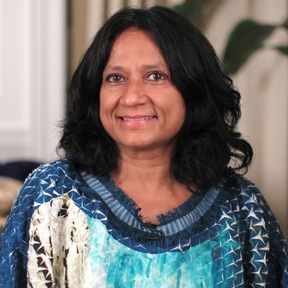 The Tuesday after Thanksgiving has become a charity free-for-all, with pleading subject lines vying for attention as they flood mailboxes. Nonprofit organizations have seized onto Giving Tuesday as an opportunity to reap a kind of fiscal penance after the indulgences of Black Friday and Cyber Monday.
The Tuesday after Thanksgiving has become a charity free-for-all, with pleading subject lines vying for attention as they flood mailboxes. Nonprofit organizations have seized onto Giving Tuesday as an opportunity to reap a kind of fiscal penance after the indulgences of Black Friday and Cyber Monday. 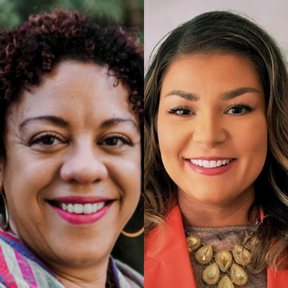
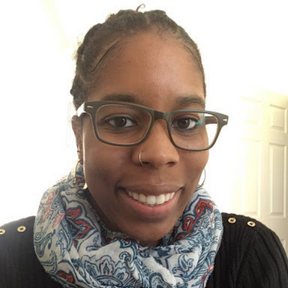
 One of the biggest lessons I’ve learned in my first decade of parenthood is that I have so much more to learn from my children than they will ever learn from me. They are curious, kind, and optimistic. They feel their feelings in a big way and have not succumbed to shame and self-doubt. They are excellent at speaking their truth and voicing their own needs. They could probably use some work on their boundaries (who needs privacy in the shower, anyway?), but, if there’s any force that can teach us to be the best, most unapologetic versions of ourselves, it is our children.
One of the biggest lessons I’ve learned in my first decade of parenthood is that I have so much more to learn from my children than they will ever learn from me. They are curious, kind, and optimistic. They feel their feelings in a big way and have not succumbed to shame and self-doubt. They are excellent at speaking their truth and voicing their own needs. They could probably use some work on their boundaries (who needs privacy in the shower, anyway?), but, if there’s any force that can teach us to be the best, most unapologetic versions of ourselves, it is our children.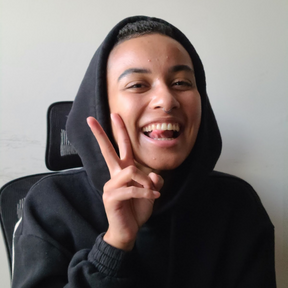 I spend a lot of time engaging with the world virtually these days — especially on TikTok. In addition to viral dances and meme-ified sounds, my TikTok “For You Page” offers videos of creators dancing, making art, sharing their pains and joys, telling jokes, and engaging in political education and discussion. Although I’ve felt particularly isolated during this last year and a half, TikTok has helped me find community and confirm that I’m not the only one frustrated by capitalism.
I spend a lot of time engaging with the world virtually these days — especially on TikTok. In addition to viral dances and meme-ified sounds, my TikTok “For You Page” offers videos of creators dancing, making art, sharing their pains and joys, telling jokes, and engaging in political education and discussion. Although I’ve felt particularly isolated during this last year and a half, TikTok has helped me find community and confirm that I’m not the only one frustrated by capitalism.  I think we’re all a bit prone to thinking that accessibility is tied to technology — like a website’s coding, the structure of a PDF, metadata, whatever — and so we think that accessibility is an ‘expert’s domain,’ like we kinda assume it’s the web developer or graphic designer’s job. But actually, accessibility comes in really varied forms, including how we write. And this is cool because just about everyone writes and reads, which means everyone can play a part in creating more accessible content.
I think we’re all a bit prone to thinking that accessibility is tied to technology — like a website’s coding, the structure of a PDF, metadata, whatever — and so we think that accessibility is an ‘expert’s domain,’ like we kinda assume it’s the web developer or graphic designer’s job. But actually, accessibility comes in really varied forms, including how we write. And this is cool because just about everyone writes and reads, which means everyone can play a part in creating more accessible content.